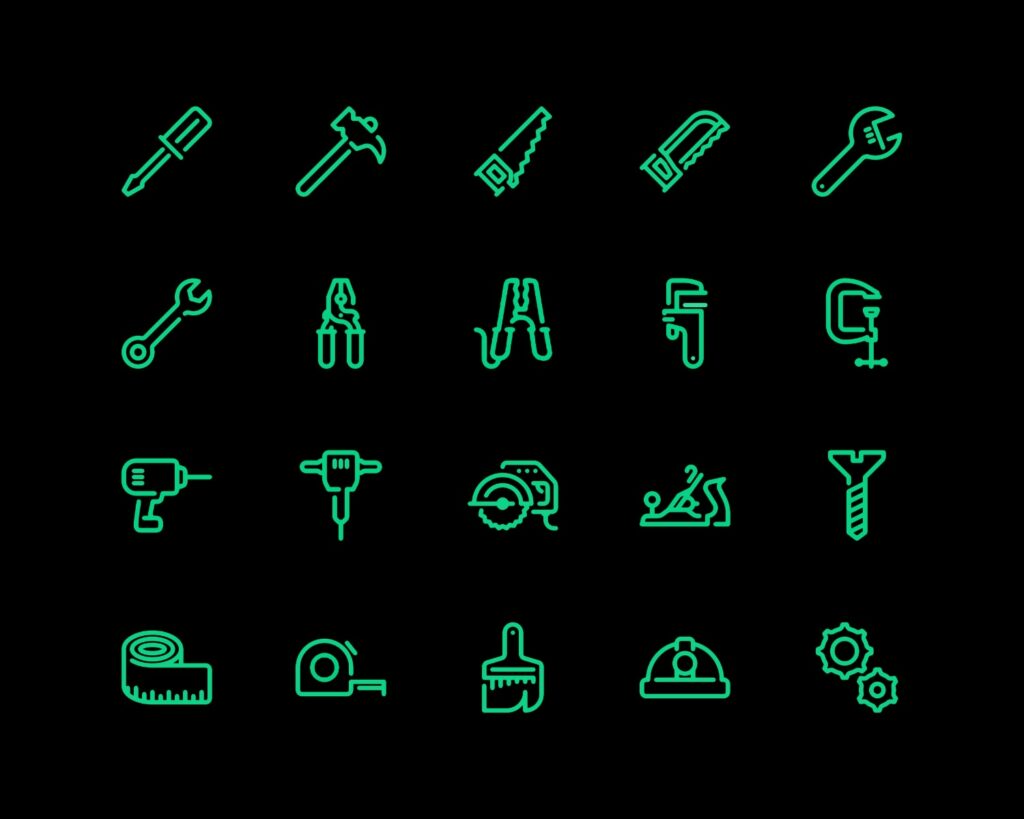In our increasingly online world, a mobile app’s performance plays an essential role in not only its own success but the success of both the business it represents and its overarching brand.
However, there’s also an increasing pressure to stand out from the competition by bringing software to market faster, more efficiently, and at a more cost-effective price point, and understanding how to face that challenge without compromising quality is a challenge in and of itself for a considerable number of businesses.
In many cases, the answer lies within automation. As with many other aspects of software development, mobile app testing can leverage automation to get faster results without sacrificing accuracy and reliability.
In this blog post, we’ll discuss the benefits of scriptless testing for mobile apps, as well as cover some tips on how you can start implementing such an approach in your own testing process. Whether you’re a seasoned developer or just getting started with your first mobile app, this post will provide valuable insight into how you can improve the speed and quality of your testing through a scriptless approach.
What is mobile app testing?
Mobile application testing is the strategy used by developers to ensure that their mobile app is working properly and that it’s fit for release. The process involves testing the application across a range of devices, operating systems, and network conditions to guarantee its functionality, compatibility, and overall performance.
Testing can be performed manually or using automated (scriptless) testing tools, an option that has become an increasingly common choice as automation technologies grow more robust and comprehensive.
A brief history of mobile app testing
The history of mobile app testing can be traced back to the early days of mobile computing when the first handheld devices were being developed. In the 1990s, as mobile phones became more powerful and sophisticated, developers began creating relatively simple mobile applications designed specifically to run on those devices.
It wasn’t until the 2000s and the rise of smartphones, though, that mobile app development truly took off, leading to a greater need for testing on a wider range of devices. With that being said, testing requirements have only become more complex in recent years as the number of devices, operating systems, and even screen sizes have grown exponentially.
From its humble beginnings, mobile app testing has become an essential part of the development process, with many companies now allocating resources to dedicated teams of testers to ensure smooth rollouts.
Advantages of scriptless mobile app testing
While there are still some cases where manual, script-based testing has its place, such as exploratory testing and gauging UI interactions, a scriptless, automated approach offers businesses a number of distinct advantages throughout the development cycle:
Increased efficiency
Scriptless testing allows teams to create and test cases in a more intuitive and user-friendly way, thus saving significant time and effort compared to traditional script testing methods, meaning no more sifting through a repository full of test methods. Once tests are defined, they can be run automatically with every code change.
More flexibility
Scripted automation can be a time-consuming process, but with scriptless testing, it’s easier to modify and update test cases on the fly, which is especially useful in fast-paced, agile, mobile app development environments where time-to-market can be a major factor and the ability to iterate quickly is valuable.
Improved collaboration
Automated testing tools often include features that allow team members to collaborate and share test cases more easily, improving communication and coordination while minimizing the amount of time wasted on unnecessary or redundant tasks.
Simplified maintenance
By eliminating the need to write and maintain complex test scripts, a scriptless approach can dramatically reduce the amount of time and resources spent on maintenance and upkeep, even for larger test suites.
Better testing coverage
Scriptless testing allows for testing apps on a wide range of devices and operating systems much more quickly and easily than traditional testing methods, ensuring that the app meets the needs of your users.
More cost-effective
There’s no question that scriptless automation is more cost-effective than script-based testing: Instead of bringing on a team with specialized coding skills, going scriptless allows every member of your team to run tests with ease and get results back in just minutes, which translates to savings across the board, from shorter development cycles to lower maintenance costs.
Common scriptless tools
Now that we’ve discussed the benefits of scriptless automation, let’s take a look at some popular tools to help businesses achieve it:
AccelQ
AccelQ is a test automation platform that allows users to create and execute test cases without writing any code and integrates with popular development tools such as JIRA and Jenkins.
Selenium IDE
The Selenium Integrated Development Environment is a plugin for Firefox and Chromium-based browsers that can be used to record and playback web test automation. Although it doesn’t support mobile-based testing, its intuitive interface and convenient test case management tools have made it a popular automation tool for web development.
TestGrid
TestGrid is an artificial intelligence-based tool that leverages machine learning to simplify the test automation process.
Ranorex
Ranorex is primarily used for functional and regression testing, and like Selenium IDE, it takes a record and playback approach to automation.
Implementing scriptless mobile app testing with Sofy
While there are a host of useful and intuitive scriptless testing tools on the market, Sofy has taken the benefits of automation a step further by eliminating the reliance on coding entirely. Thanks to advances in machine learning and natural language processing technologies, it is now possible for scriptless tools to make suggestions and refactor without any coding or interaction whatsoever.
Sofy also addresses another major testing obstacle: getting results from actual devices. Traditionally, testers have either had to accept the limitations of using emulators or invest the resources into creating and maintaining a device lab, and with the number of devices, OS versions, and screen sizes that must be accounted for growing at a breakneck pace, it all amounts to a tall order for businesses with limited budgets or for small teams.
By providing both scriptless solutions and cloud access to a fully-equipped and professionally-maintained real device lab, Sofy’s revolutionary all-in-one mobile testing platform gives testers multiple options for instantly converting a manual test into an automated one that can be freely used across multiple devices. Additionally, the platform can also be easily integrated with your existing CI/CD pipeline to perform smart regression testing that automatically detects minor changes in code and analyzes their impact.

Skip the scripting with scriptless mobile app testing
Businesses are increasingly recognizing the ability of a scriptless approach to provide a superior mobile experience in a fraction of the time, all without the need for a single line of code. Sofy was created to take advantage of those benefits and revolutionize the way businesses handle their mobile app testing.
By combining manual and automated testing solutions with access to a fully-stocked device lab and an expert support team, Sofy empowers businesses to skip the scripting, accelerate their development cycle, and manage all of their testing data on one convenient, central platform.
Best of all, Sofy operates seamlessly within your existing DevOps infrastructure, as all you need to do is integrate once and then let Sofy handle the rest. If you want fast, reliable, and cost-effective mobile app testing that doesn’t cut corners when it comes to quality, schedule a demo today to see what Sofy can do for you.
Disclaimer: The views and opinions expressed above are those of the contributor and do not necessarily represent or reflect the official beliefs or positions of Sofy.









